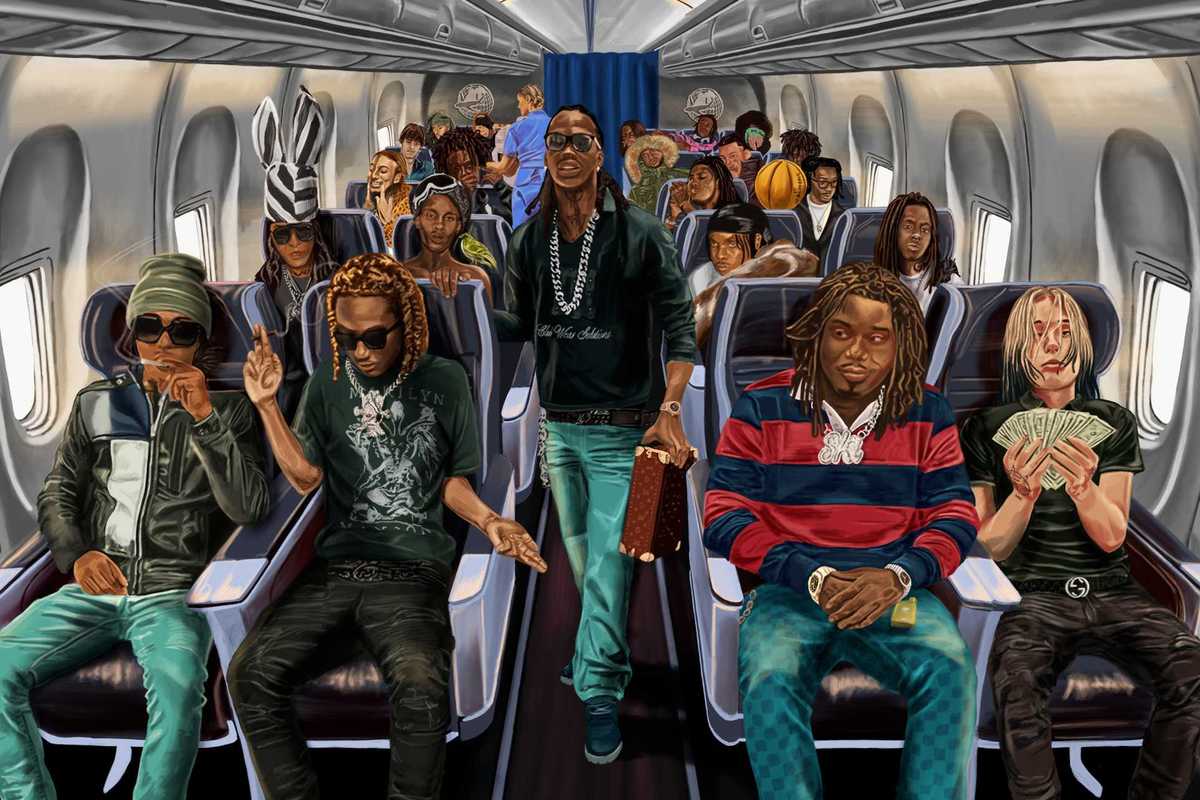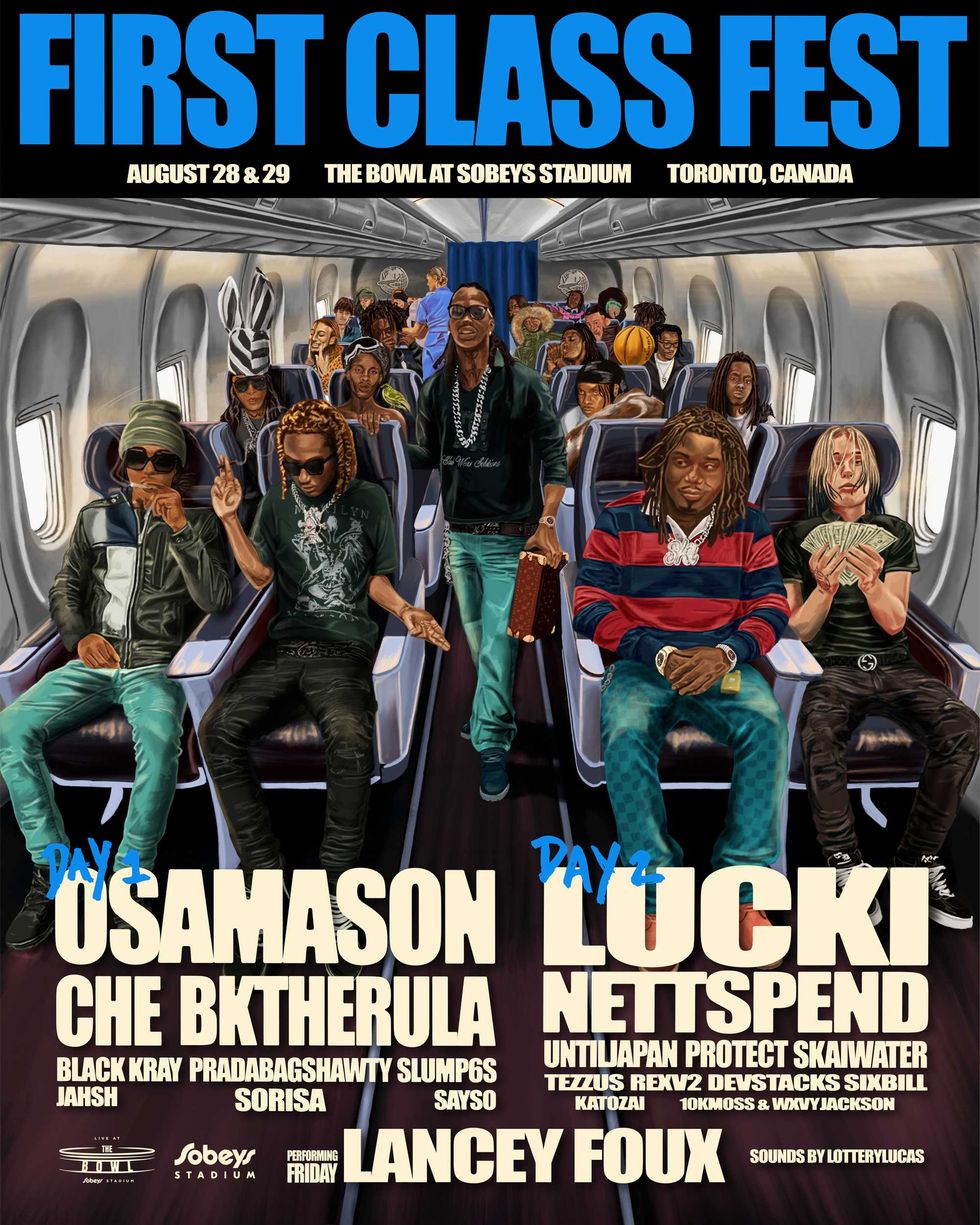Surviving As A Musician... with Michelle Rumball
The Toronto-based roots singer/songwriter first made a mark as co-founder of Juno-nominated folk-rockers Grievous Angels. She has pursued a solo path since the early ‘90s, releasing three albums along the way. What follows is her story, told as part of FYI's ongoing Surviving As A Musician series.

By External Source
Toronto-based roots singer/songwriter Michelle Rumball first made a mark as co-founder of Juno-nominated folk-rockers Grievous Angels. Under the leadership of NDP MP Charlie Angus, that group continues, but Rumball has pursued a solo path since 1992. She has released three albums, 2001’s terrain, 2011’s Welcome To The Beauty Salon, and 2018’s Years Behind, and has survived as a musician by being versatile and adaptable. What follows is her story, told as part of FYI's ongoing Surviving As A Musician series.
The music business is not for the faint of heart. I’ve been a working musician for three decades. Not all of it working at music, but I have been hustling in general for years. I have had more day jobs than most people have had thoughts in their noggins- waiter, bartender, cheesemonger, toy builder, art model. I’ve worked for the mob on Bourbon St. and have even guarded body parts at a doctors’ convention.
Through it all, I have made music, some very successfully and with a profile. I had great success with the band I co-founded, Grievous Angels, in my 20’s. It was quite a ride with festivals, touring, a record deal and a Juno nomination. It was destined to end for me, however. I was young, it was my first band, and there was no room for my voice to grow. I left and wandered, quite lost. I followed the sounds I wanted to hear- blues, jazz, soul- all the way down the Mississippi to New Orleans and stayed for a while (thus the Mob job). When ready, I came back to Canada to work on my musical voice. I learned how to play guitar, write songs, and be entertaining all at the same time. It took a long time, and you don’t make a lot of money while you are developing your sound and establishing your musical discipline. I was as a student, with a million part-time jobs, daytimer on fire. I could have been smarter, but I was fairly mentor-free and just did the next thing. That’s not a plan, I see that now, but it is my story.
Somehow in this era, I managed to make two recordings. It was after the release of the second one, Welcome to the Beauty Saloon in 2011, that I started to get tired of my chaotic status quo. I needed to have work that all looked musical and did not feel like an interruption to my day, unlike my previous side hustles. I refined my day jobs slowly, clearing out anything that did not fit. I transferred some skills. I had always worked with very young children, so I trained to teach music in daycares then created my own program so I could be my own boss. Musicians often end up teaching in some way. Again, I did not plan this, but all the wild card jobs along the way lead me down a path to the relative stability I now possess.
At some point, while seeking balance, I became a licensed subway musician in Toronto. I did not see that coming, had never been drawn to busking, but it has become a vital part of my Toronto hustle. It is an income stream, rehearsal time, Teflon building exercise and a bit of social work all rolled into one. It delivers humility, humanity and rent, often all during one song sung.
The other thing required at this time was to make more money playing live gigs. That is the challenge. Toronto has opportunities that you may not get in other places but it also has some traps that you won’t find elsewhere. As primarily a singer/songwriter, I don’t have the side person opportunities that ‘players’ have. I was lead into this business by songs and those songs now support me. They may be ones I have written but I don’t discriminate. My friends write great songs, so I will sing them. Some gigs require a more familiar tune, so I sing them. I am a testament to being able to land gigs that require some familiar music but not necessarily Mustang Sally. No disrespect to anyone who plays that or any other covers. I play the songs that find their way to my voice. That is my path to musical happiness and it has led me out of the darkness of the challenge of keeping the lights on while being a musician in this or any town.
The biggest thing for me to fix was psychological- the idea of being an earner. I think musicians get very down after a long time of earning driblets of dollars. You come home with a twenty in your pocket singing Peggy Lee’s ‘Is that all there is?” and wonder why you do this thing you do.
Jake Hiebert laid down some great suggestions in his piece. I will share two things that have given me clarity and stability.
1) Have a discipline that makes you happy. Be led by it and let it comfort you when the road is rough and you doubt your choices. That discipline will save you. I do not know a working musician in my world that does not love songs, or their guitar or chord changes or some aspect of music keeps that them returning to the well of musical expression. It is the warm blanket when we need a break from the business side of the game.
2) Work, in this life, is a given. Musicians knew ‘side hustle’ before it was a phrase. It is called working. If you have side gigs that make you happy and you still make music then you have hit the formula that works for you. You can be many things. Jelly Roll Morton talks about trumpeters that are butchers and sax playing barbers. Do your life and give your gifts. The work is the answer, not the question.


















